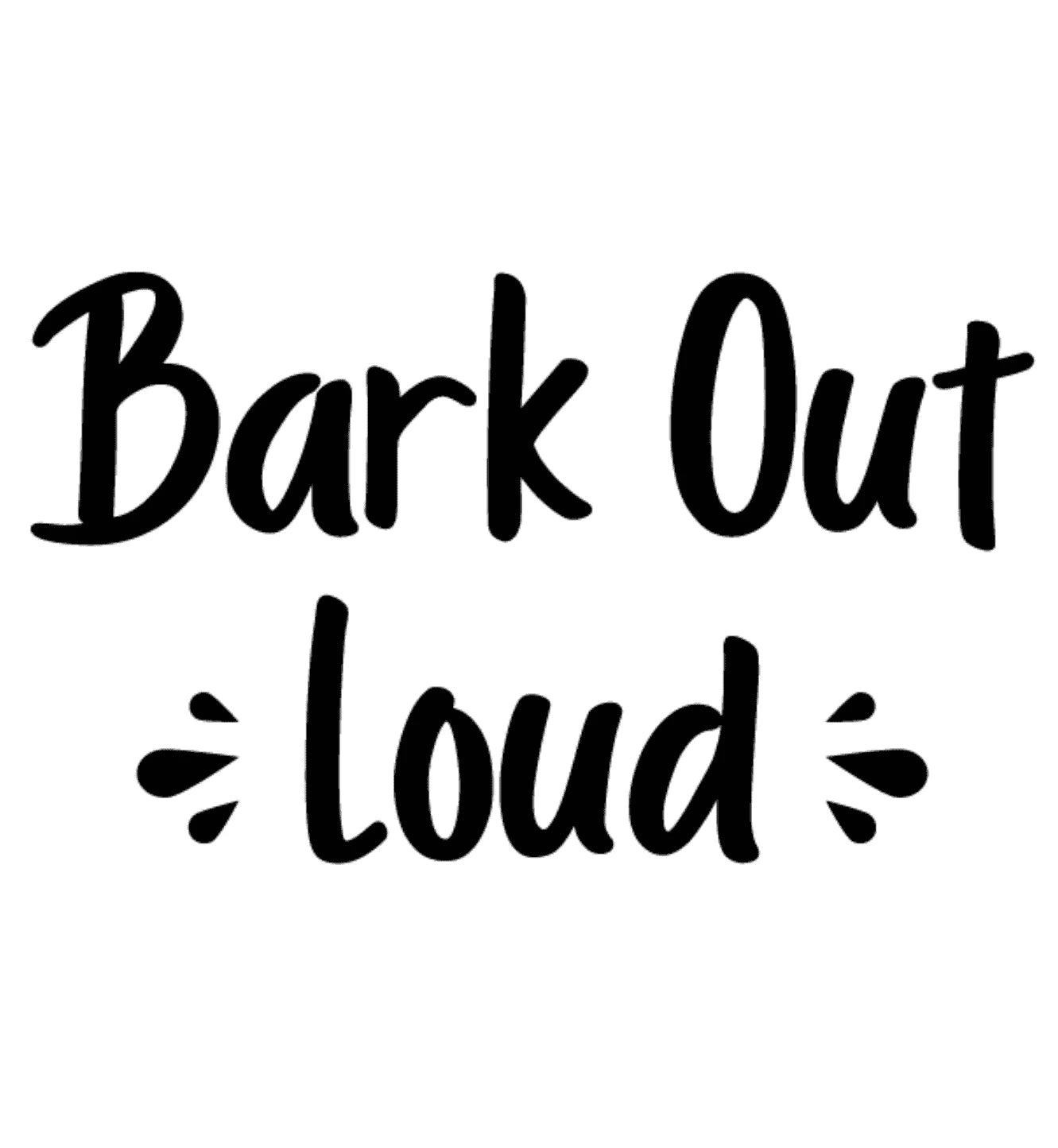Why Home Cooked Foods Lack Complete Nutrition for Your Pets?
We know the convenience of feeding homemade foods to your pets can save you time and effort. Therefore, it is not surprising that there is a growing trend to feed them home-cooked food. There can even be a major downside to this convenience. Compared to commercial pet food products, homemade alternatives often fall short of providing complete nutrition, posing risks to your pet's health. We at Bark Out Loud are here to help you craft your pet's diet to meet their specific nutritional needs while keeping the process effortless.
A recipe for disaster
You might think you can effectively control your pet’s diet and want to offer natural foods or don’t trust companies manufacturing pet foods. However, there is no hard scientific evidence that can claim that serving homemade food to your pets is the best thing to do. Pets who don’t receive an appropriate mixture of fats, carbohydrates, proteins, minerals, and vitamins are more likely to be underweight, have dandruff, dull coats, allergies or suffer from cardiac conditions in extreme cases.
Some of those nutrient deficiencies could cause musculoskeletal abnormalities, immune system problems, or fatty liver. Homemade diets can also include ingredients that can cause digestive issues in pets due to a lack of proper preparation methods. Digestive problems such as diarrhea, constipation, or nutrient malabsorption can be easily avoidable by understanding their nutrition needs.
What’s better than home-cooked meals?
Dogs and cats are carnivores and need much more protein for their nutritional requirement. Products like Bark Out Loud’s Chicken and Ancient Grains Adult Dog food contain the right balance of essential nutrients, including proteins, carbohydrates, fats, vitamins, and minerals, tailored to meet your dog’s dietary needs. This balance in homemade meals requires extensive knowledge of animal nutrition, which many pet parents don't have easy access to.
When you're not giving your dog the right nutrition, they are at risk of serious disorders that could even be fatal. Every adult dog's chow must have a good mix of about 40 essential nutrients. This doesn’t mean an excess of nutrients won't mess with your pet’s immune system, and that's not what we want. So, make sure to serve your pets those balanced meals.
Our pet foods offer a wide range of options, including different flavors, formulations, and specialized diets to cater to various dietary preferences and requirements. Homemade diets on the other hand take a lot of effort to maintain balance and nutritional value. So even with all the dietary knowledge for your pets, it will be time-consuming to maintain it at home. Limited ingredient choices may result in nutrient deficiencies or boredom, leading to decreased appetite and more potential nutritional inadequacies.
Trash these toxic ingredients
The way ingredients are prepared and cooked significantly impacts their nutritional content. Some foods are toxic to pets, that we incorporate into our daily meals. This means preparation should always be separate. Maintaining a healthy balance of protein, carbs, and fat will keep them healthy and free. Selecting your pet's food carefully is important, feeding them leftovers, heavily seasoned food, or raw meat can also have many risks to their health. Keeping your dogs away from toxic foods is essential in this journey.
Onion, garlic, and chives might add flavor to our meals, but for dogs, they can spell trouble, causing tummy problems and even damage to their red blood cells.
- As much as we love it, chocolate contains theobromine which is harmful. It can lead to tummy woes, heart issues, and even mess with their nervous system.
- Macadamia nuts contain toxins that can mess with your pup’s muscles and nervous system and should be kept away from them.
- Cooked bones might seem like a fun chew, but can be dangerous. They can cause choking or even puncture and splinter your dog's gut.
Remember, keeping these ingredients out of reach can help keep your furry friends happy and healthy. Instead, you can focus on kibble to provide a nutrient-rich diet. Toxic ingredients such as xylitol, chocolate, avocado, raisins, grapes, macadamia nuts, grapes, raisins, garlic, and onion are of special concern. You have to ensure that everything your dog is eating is dog-safe. Doctors have recently reported a certain type of heart disease called dilated cardiomyopathy in dogs eating homemade foods that are legume-based, high-fiber, and free of grains.
Bark Out Loud’s manufacturing processes are designed to preserve the nutritional integrity of ingredients through precise cooking methods and quality control measures. In homemade diets, improper cooking techniques or overcooking can degrade essential nutrients, reducing their nutritional value. While the idea of feeding your pet homemade food may seem appealing, it's important to recognize the potential limitations associated with it. Nutritional imbalances can lead to serious health issues for your pets. Therefore, consulting with a veterinarian and opting for balanced commercial pet food or carefully curated recipes is often the safest choice.








